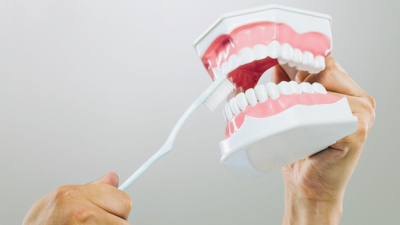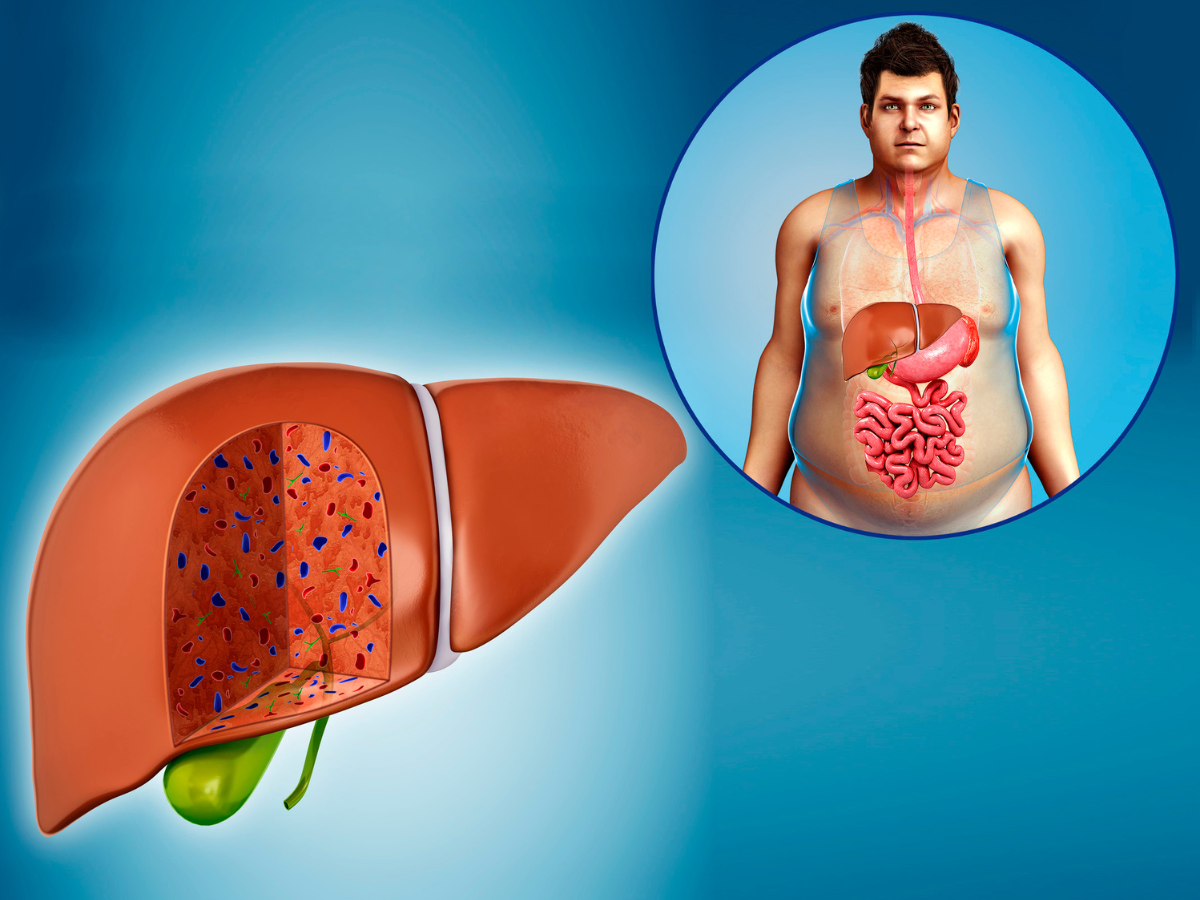
Brushing teeth at night may appear to be an easy habit to practice, but emerging science indicates that skipping it may have long-term effects, especially on your heart. According to a study published in the 2023 Scientific Reports by researchers at Osaka University Hospital in Japan, there was a rather surprising connection found between midnight toothbrushing and reduced cardiovascular risk.The study released offers conclusive evidence that the lack of compliance with bedtime oral hygiene can be a major cause of serious systemic health issues, especially heart disease.
The study:

The researchers analyzed health data on 675 patients aged 20 and older. Participants were divided into four groups based on toothbrushing frequency and duration: individuals who brushed morning and evening (Group MN), evening only (Group Night), morning only (Group M), and individuals who never brushed (Group None).The study results were clear: those who brushed at night, Group MN, had better survival and reduced cardiovascular event rates. In contrast, those who did not brush at night, Groups M and none, had higher inflammatory markers, poorer health profiles all around, and higher cardiovascular risk.Even after adjusting for other variables such as age, smoking status, diabetes, and underlying heart conditions, the research established that nocturnal brushing was an independent risk-reducing factor for cardiovascular diseases.
This means that night brushing is more than just a cleansing habit; it's perhaps life-saving.
Why not brushing at night harm your heart

Forgetting to brush at night permits the buildup of oral bacteria when the natural antibacterial effect of saliva is lessened. The development of bacteria leads to plaque, gum disease, and ultimately periodontal disease. Infected gums are portals that allow bacteria to invade the bloodstream, resulting in inflammation, one major cause of atherosclerosis, hardening of arteries leading to heart attacks and strokes.Chronic gum inflammation can also damage the endothelial lining of blood vessels, disrupting circulation and setting the stage for cardiovascular complications. Further, those who are prone to neglecting bedtime brushing are also likely to have other risky behaviors, including diets with a high content of saturated fats and smoking, which enhance the risk for heart disease.The Osaka study adds to this mounting body of research by other global health groups, including the American Heart Association, which has long advocated for a link between bad oral health and a significant risk of heart disease and stroke.
Small habit, big impact
This research verifies that bedtime brushing is not all about oral hygiene; it's the secret to heart health. Simply brushing at night dislodges harmful bacteria, reduces inflammation in the gums, and prevents them from being sucked into the blood.Incorporating this one-minute habit into your nighttime routine could lower your lifetime cardiovascular disease risk significantly. Oral hygiene is head-to-toe care, and your heart may be counting on it.So, today, think carefully before skipping your nighttime brush routine.

 2 days ago
61
2 days ago
61




























 English (US)
English (US)